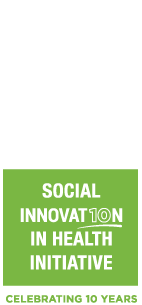2023 Recognized Innovation
At age 61, most people would think of retiring but rather, Cathy Strachan Lindenberg was embarking on a new chapter. After a successful public health nursing career working in academia in the United States and with international agencies across South America, Cathy wanted to return to one of the countries she loved most Costa Rica. Cathy vividly remembered her encounters in Costa Rica – first as a child and later as a nurse. Cathy was raised in a missionary family in Costa Rica, with strong values of care, compassion, and social justice, and while working as a nurse she felt driven to one day try to do more to solve the complex and harmful cycle many young people fell into due to circumstances and a lack of support. Cathy firmly believed that young people ‘have the capacity to develop the skills and the motivation to lead healthy lives’ if they had access to the correct information, education, and support to make informed choices. In 2004, at age 61, she established a not-for-profit organization, called TeenSmart International.
Fast forward 5 years Adriana Gomez, a trained educational psychologist, was also nudged down a different path when her academic position at a university ended. Having heard of TeenSmart, Adriana applied for a position as a virtual online course facilitator. Following, a meeting-of-the-minds discussion with Cathy, Cathy saw far greater potential in Adriana, and this set her on a course to become the Executive Director of TeenSmart, a position she holds currently. Like Cathy, Adriana has a passion for giving adolescents and youth a voice and guiding them in their journey to adulthood.
“I ask myself how the things that I do, as part of a team, can leave a legacy and helps the world, the kids and, at the same time, they impact their family, their parents, their younger siblings, their neighbors? So, that’s a value that we share: an impact chain. And we’ve said we can achieve it through excellence and thoroughness, passion.”
Adriana Gomez, educational psychologist
Costa Rica, like many other countries in Latin America, is bursting with a vibrant young population. In Costa Rica, 24% of the population is between 10- 24 years of age, and across Latin America there are 166 million young persons (26%). The dynamic changes in society pose an unprecedented number of interrelated risk factors to the health of young people across Latin America and enhance risk-taking behaviors in young people [see table].
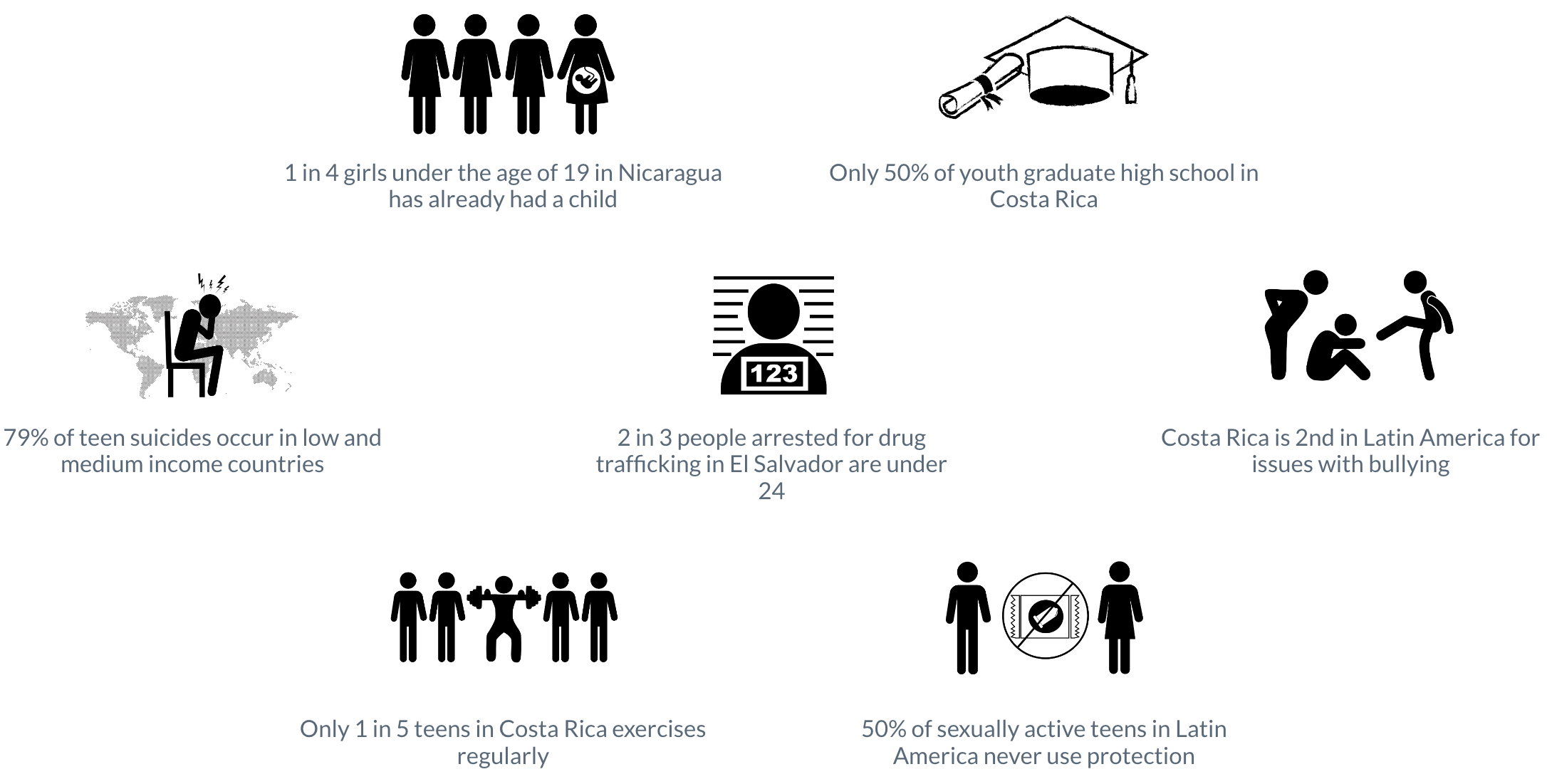
Stories of youth, such as those of Natalia, from Costa Rica and Mano, from Nicaragua are common. Natalia is the mother to an 18-month-old baby girl, Fiorela. Natalia became pregnant at age 16, and when she found out she was so fearful of how she would cope and complete her schooling, and she was overcome with negative thoughts as people around her cast their judgment. Similarly, Mano’s father left a few years ago to go pursue migrant work opportunities in another country. At first, he felt devastated, abandoned, and alone he struggled to keep up with his schoolwork. He didn’t feel confident to talk to his family or peers about his feelings and was tempted to start drinking alcohol as a way to cope. Natalia and Mano are two of many more young people struggling to grow up and handle life’s challenges alone.
Following the intention set by Cathy to provide support to young people, Adriana and her team at TeenSmart have grown the vision to reach more than 1 million young people in Central America before the decade ends. To achieve this goal, they leverage the positive potential of technology to provide young people with the knowledge, skills and support they need. Young people today are the first digital native generation, with 62% of urban young people in Latin America having access to the Internet and 27% of rural young people (145 million).
The platform JovenSalud.net, launched in 2010, is freely available to all youth and provides several services: personalized health coaching from health professionals, reliable health information on a range of topics, online life skills courses, online chat forums, health directories, and health information text messages. JovenSalud can also be accessed via Facebook and WhatsApp. Young people like Natalia and Mano have been grateful for the support they were able to receive via JovenSalud.net. Natalia was able to gain information that helped her as a young mother and the coaching support to overcome low-esteem and body weight issues. Mano gained skills on how to communicate more openly with his family, how to continue building a relationship with his dad, and how to set his own life goals.
In implementing JovenSalud.net and integrating the platform in different countries, partnership is a key approach adopted by Adriana and the TeenSmart team. They established a multi-partnership alliance (Allianza JovenSalud) to integrate and sustain JovenSalud.net in Costa Rica, Nicaragua and within existing country structures. The Alliance includes different types of allies: Advocacy – political allies including government ministries (Ministry of Health, Education, Social Security, and Science & Technology); Technical partners; Volunteers (including a GenZ Advisory Committee); Corporate/financial donor partners; Promoting partners. TeenSmart is currently working to establish a similar model in other Central American countries. However, it is not only partners that drive the activities of JovenSalud.net but it also depends on the guidance of the youth. Recently, a more formalized Generation Z Advisory Youth Council has been established to guide the development of new courses and programs.
Since 2010, JovenSalud has served over 145,000 users (most based in Costa Rica and Nicaragua). In 2022, 16,504 new users joined jovensalud.net, while in 2023 the amount was duplicated, reaching + 30,000 new teens. Of their services, the coaching service has received the most interest with over 172,000 requests from 4000 young people. To deal with this demand, Adriana and her team have developed an innovative new chatbot that can also interact with youth. Studies done by the team, assessing the impact of JovenSalud on Nicaraguan youth, have shown a statistically significant improvement in family communication and relationships after receiving two weekly text messages over a 6-month period and improvement in sexual reproductive health knowledge, skills, motivations and delayed age of first intercourse after 4 months.
For Cathy, Adriana and the whole TeenSmart team, there is nothing more frustrating than when adults make comments saying, ‘the youth is unbearable’ or ‘this is a lost generation’. From over 20 years of working with young people in Costa Rica and across other countries in Central America, there is one thing that they know to be true – by youth raising their voices and becoming confident adults, the future of the region is bright!
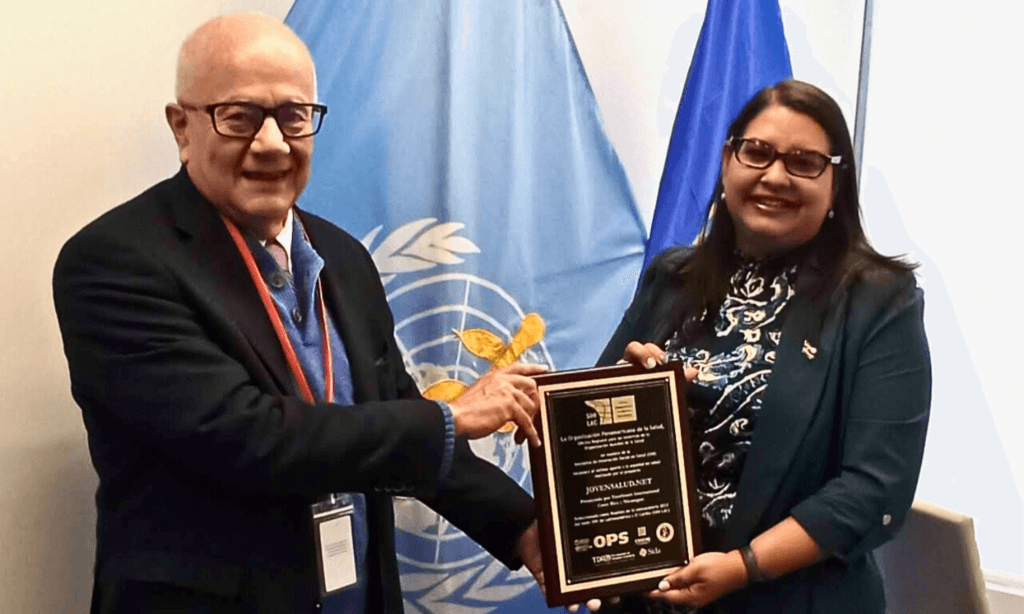
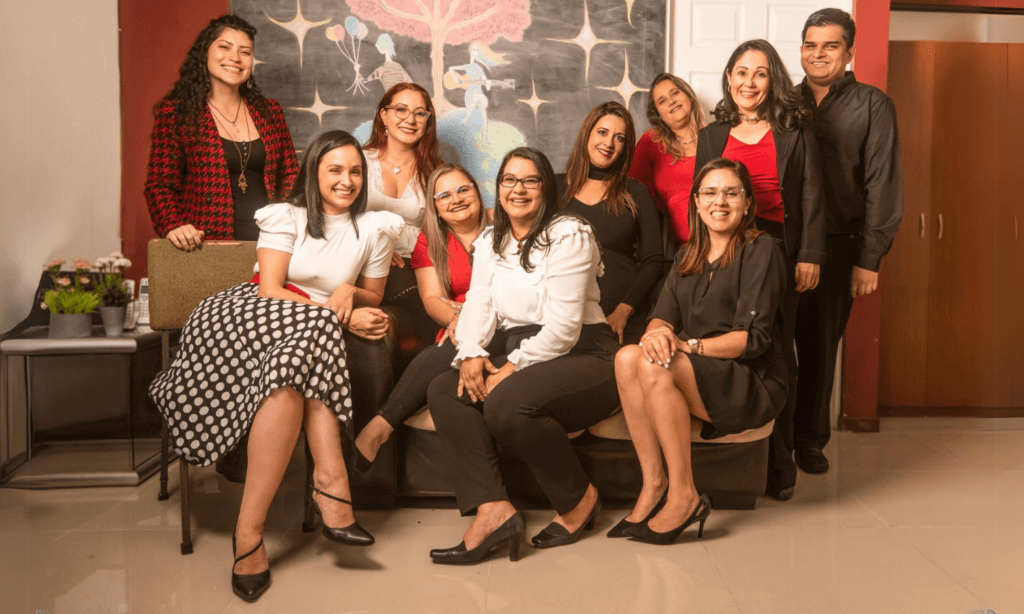
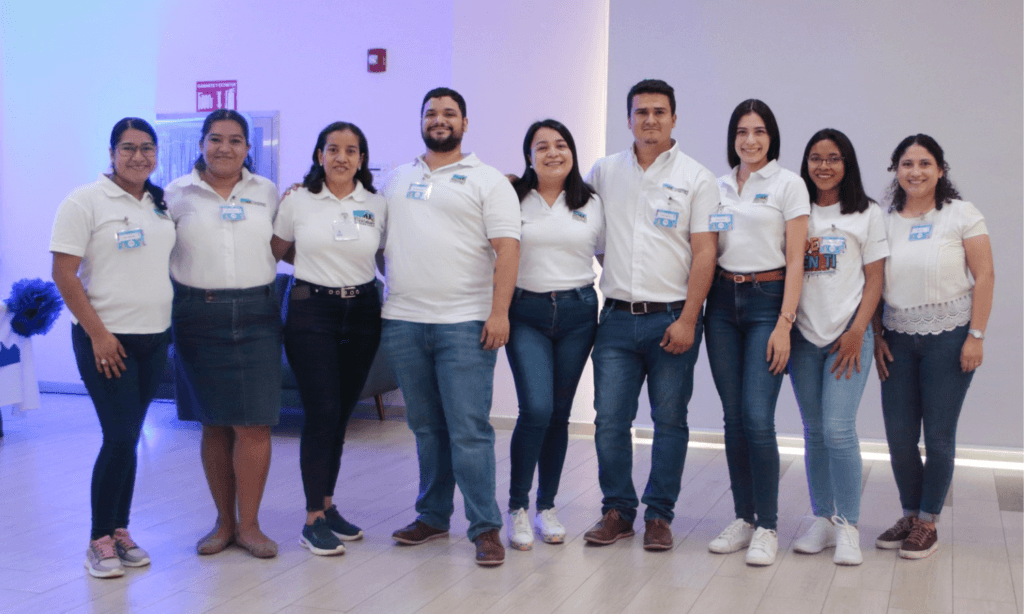
Learn More About this Project
Visit:
Read:
WATCH:
ACKNOWLEDGEMENTS
This innovation profile was written by Lindi van Niekerk, PAHO consultant, based on documents supplied by JovenSalud and an interview conducted by Charlotte Scott and Kathleen Agudelo, from the SIHI LAC Hub. Website design completed by Amy Clarke and Claudi van Niekerk from Chembe Collaborative.

